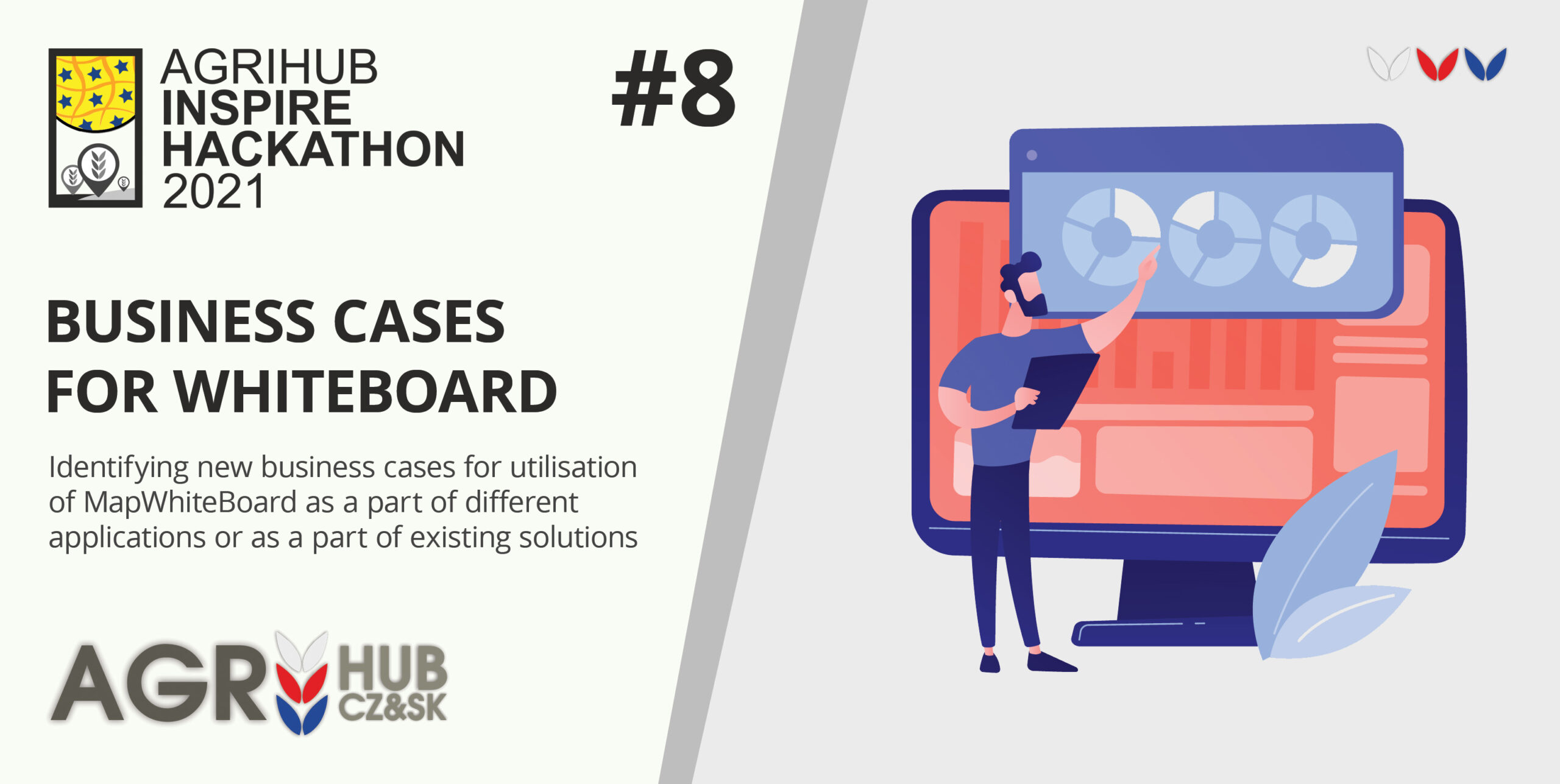The vision of the Map Whiteboard innovation was born out of a sequence of large-scale collaborative writing efforts using Google Docs. As opposed to traditional offline word processing tools, Google Docs allows multiple people to edit the same document—at the same time—allowing all connected clients to see changes made to the document in real-time by synchronising all changes between all connected clients via the server. The ability to work on a shared body of text, avoiding the necessity to integrate fragments from multiple source documents and with multiple styles removed many obstacles associated with traditional document editing. The Map Whiteboard technology seeks to do the same for the traditional use of GIS tools.
The Map Whiteboard is not limited to editing a shared dataset. The technology shares the entire map, presenting the data in the context of any background information that may be useful. It allows multiple clients to see the identical map interface and simultaneously draw on it, emulating the widespread use case of sitting around a meeting table looking at a map together, annotating it, pointing at “things”, and proposing changes. To realize the vision of the Map Whiteboard technology, it is necessary to make certain behaviour of GIS applications interoperable across instances and platforms. The interoperability is limited to the smallest common denominator between different platforms in terms of the types of business objects that are present in each application, what functions they expose and which events they emit.
The MapWhiteboard (Link) was developed over the span of multiple INSPIRE Hackathons and during last INSPIRE Hackathon https://www.plan4all.eu/2021/06/the-open-spring-inspire-hackathon-2021-final-awards-ceremony-event/ the solution was awarded as the best challenge https://www.plan4all.eu/2021/03/challenge-7-interactive-collaborative-data-capturing-at-scale-technology-and-business-models/. The current status was also published in research journal https://ojs.wiserpub.com/index.php/CCDS/article/view/897
Challenge goals:
The goal of the challenge is to (a) develop new business cases where MapWhiteBoard technology may provide added value through new applications or integrated into existing solutions and (b) further elaborate previously identified business cases. These are: (1) using the map whiteboard to improve the communication between agricultural advisors and farmers and (2) using map whiteboard technology to do collaborative data capturing for to inform decision making in land-use planning.
To identify and elaborate business cases, this challenge will stage discussions with representatives of envisioned end-users as well as developers and investors to look at different opportunities, and how to exploit them to build a viable business. The work in challenge will include the following activities:
- Practical demonstration and testing of solution
- Brainstorming about potential application for MapWhiteBoard
- Trial integration with existing applications
- Conceptual design for new applications
- Development of lean business model canvas

